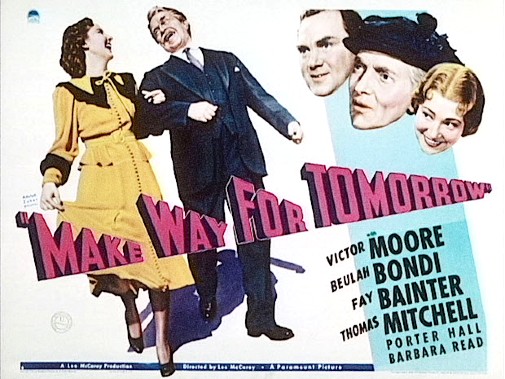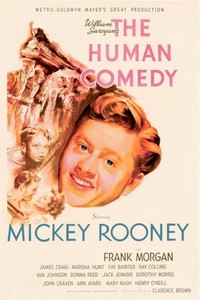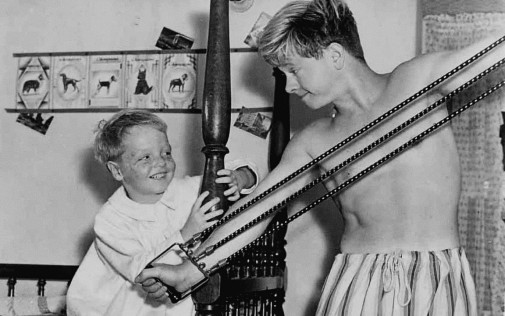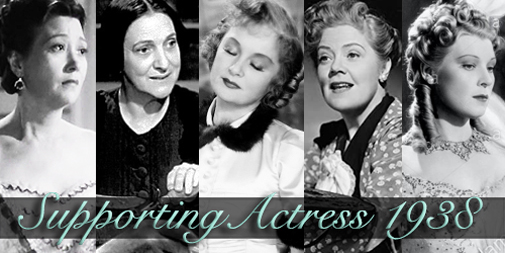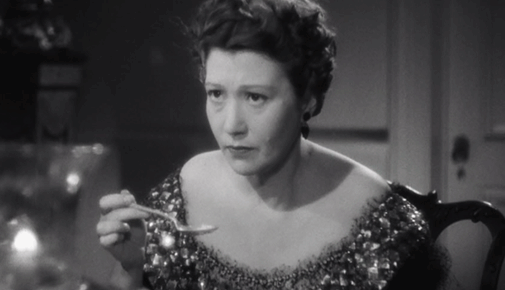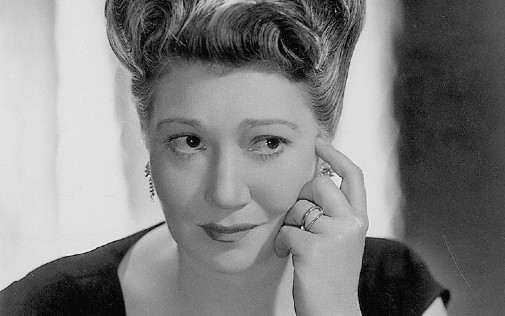1937: Fay Bainter in "Make Way for Tomorrow"
 Thursday, September 16, 2021 at 12:54PM
Thursday, September 16, 2021 at 12:54PM We're revisiting 1937 this month leading up to the next Supporting Actress Smackdown. As always Nick Taylor will suggest a few alternates to Oscar's ballot.
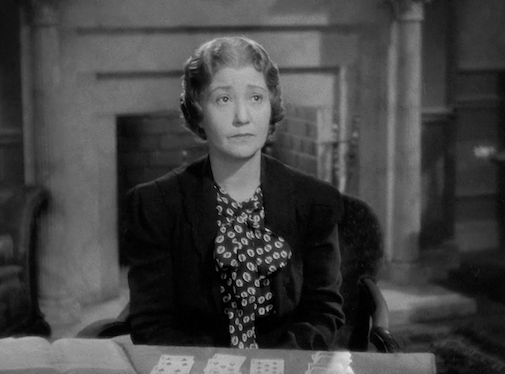
We begin 1937 with Fay Bainter, the third-ever winner of the Supporting Actress Oscar for Jezebel in 1938 (you may have heard about it last year!) in Leo McCarey’s Make Way for Tomorrow. McCarey viewed the film as his greatest achievement, to the point that when he received his Best Director Oscar for The Awful Truth the same year Make Way for Tomorrow earned no nominations, he opened his acceptance speech by saying he won for the wrong movie. We can discuss the considerable merits of both films about couples splitting up and staying together, along with how brilliantly they showcase McCarey’s skills with tone, blocking, performance shaping, scene construction, as well as its enduring legacy in films like Tokyo Story and Love is Strange. Bainter distinguishing herself with the best supporting turn in either McCarey film, taking on what might have been the film's most unsympathetic role and turning her into a thoughtful, utterly human figure...
 1937,
1937,  Fay Bainter,
Fay Bainter,  Leo McCarey,
Leo McCarey,  Make Way For Tomorrow
Make Way For Tomorrow 


